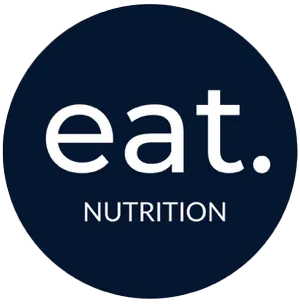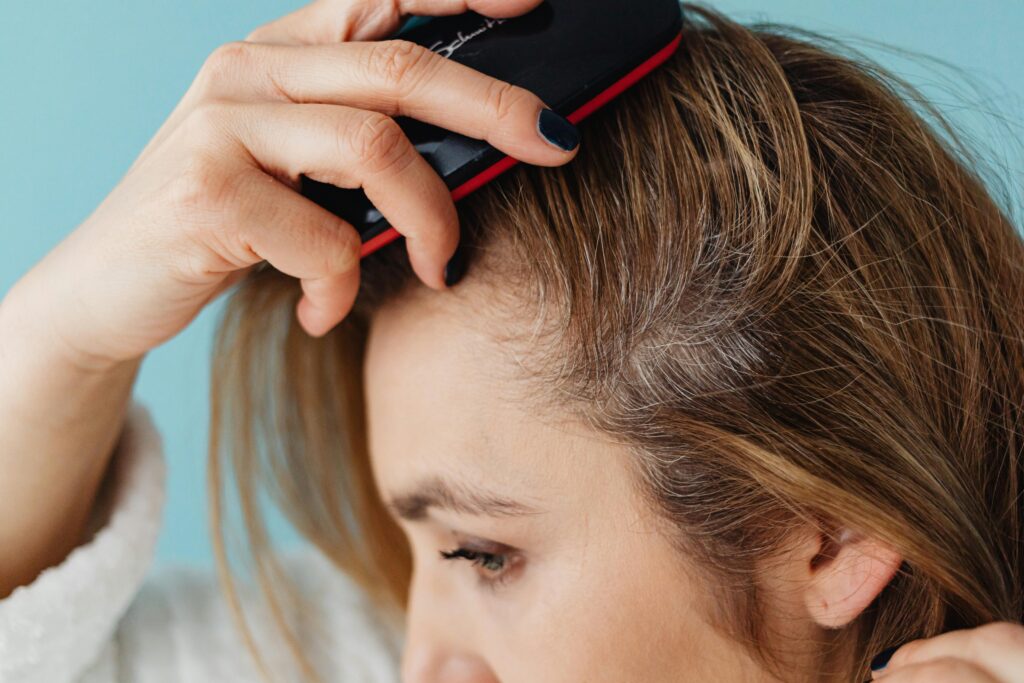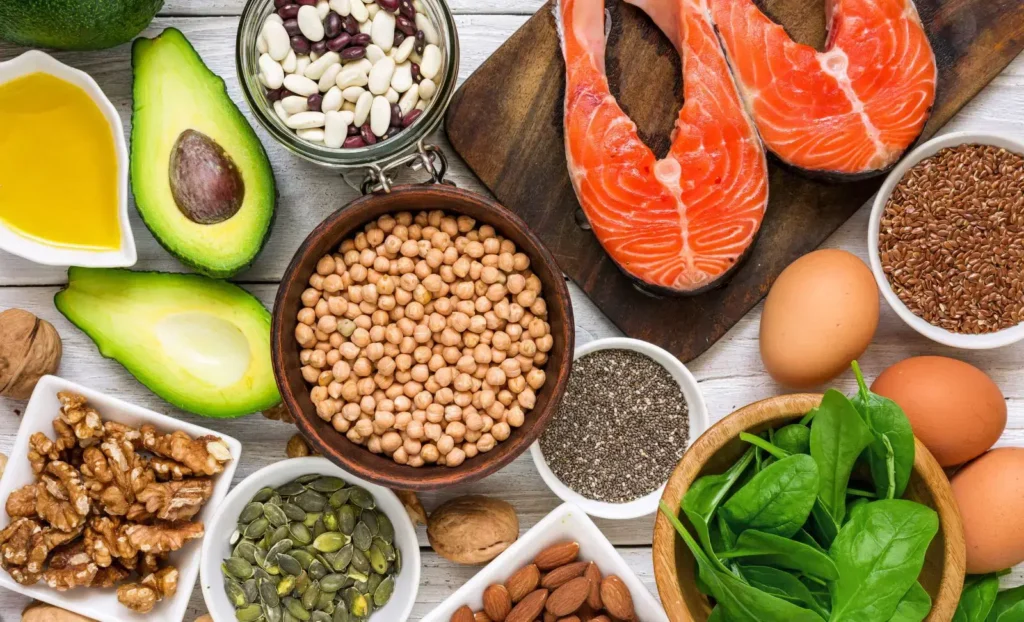The Unspoken Symptom
Perimenopause has been getting plenty of airtime in recent years, after centuries of it being swept under the carpet and only mentioned occasionally in hushed tones. And thank goodness for that, because understanding what’s happening to our bodies is the first step to actually feeling better. Knowing the symptoms of Perimenopause is super useful and you can find out more about that here.
But there’s one symptom that rarely gets the airtime it deserves…despite affecting nearly half of all women: hair loss. Hair fall. Hair shedding. Whatever you call it, it can be really upsetting. And August is Hair Loss Awareness Month so I figured it was a great opportunity to chat about it and get some open communication going on this important topic.
Losing hair is more than just a cosmetic change. It can affect our confidence, impact social life, and even cause stress (which, frustratingly, can make the problem worse).
So why does it happen? Several culprits can be at play when it comes to hair loss:
- Genetics (if either of your parents or grandparents experienced hair loss you may well too)
- Hormone changes (especially pregnancy and perimenopause)
- Nutrient deficiencies
- Stress
- Certain medical conditions and medications
Nutrition and Hair Loss
As a clinical dietitian, I’m fascinated by how nutrition can influence not just our health, but also the way we look and feel. While diet can’t always stop hair loss completely, especially when genetics are involved, getting the right nutrients can give your hair the best possible chance to thrive.
Here’s what current research tells us:
Protein
Protein is considered the current “superhero” of nutrition (rightly or wrongly so)! It isn’t the only nutrient we need for good health, but inadequate amounts of protein can lead to hair loss. So, make sure to include some protein-rich foods at every meal such as eggs, yoghurt, chicken, fish, legumes, tofu, lean meat, or cheese.
Vitamin D
In a 2020 study*, 80% of women with hair loss had low vitamin D levels. Make the most of sunny days (sun-smart, of course) to top up naturally, and consider a supplement in winter or if you avoid the sun.
Iron
Iron levels can be low in Perimenopause, especially if you experience heavy menstrual bleeding, if you have any malabsorption issues or if you follow a mainly plant-based diet. Hair loss is a common side effect of low iron levels so ask your doctor for a blood test to check. Foods high in iron include lean red meat, offal, mussels, chicken and pork, legumes, dark green veggies and dried fruit. If you are low, you’ll likely need supplementation as it can be difficult to climb out of an iron deficiency with food alone.
Zinc
Zinc plays an important role in hair tissue growth and repair, and inadequate levels can lead to hair loss. Including zinc-rich food daily is great for our overall health and wellbeing, as well as our hair. These foods are all great sources of zinc – red meat, seafood, dairy products, eggs, nuts, seeds, whole grains, and legumes.
The golden rule? Eat a variety of wholefoods to give your body a steady supply of nutrients — and if you’re unsure you’re hitting the mark, get in touch for some tailored nutritional advice with an individual consult.
When it comes to nutrition, we tend to see negative health effects when there is a deficiency of one/some nutrients…but if you’re otherwise repleted with nutrients, adding in more won’t necessarily help (and may actually hinder your wellbeing). Some of the supplements targeted at hair loss do not have much clinical evidence in terms of their effectiveness so if you do try them, give it 3 months and if there is no noticeable difference it is unlikely they are benefiting you.
Beyond food
Some medications and topical treatments can help stimulate hair growth (your doctor can guide you), and interestingly, rosemary oil has been used for centuries as a natural hair tonic. Plus, never underestimate the role of lifestyle: sleep, movement, and stress management all work alongside nutrition to support healthy hair.
Your perimenopause journey might not be all smooth sailing but with the right support, you can help your hair (and the rest of you) feel stronger, healthier, and ready for whatever comes next.
*Vitamin D Study details: https://pmc.ncbi.nlm.nih.gov/articles/PMC6956975


